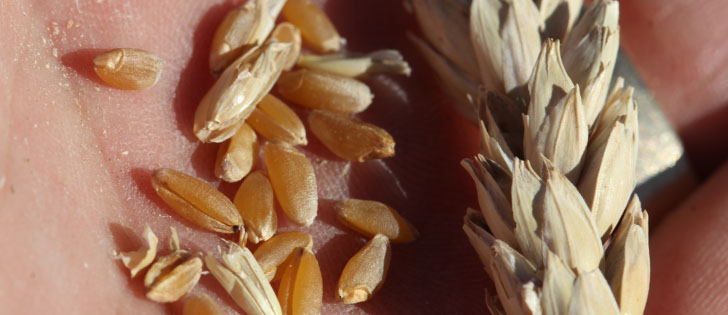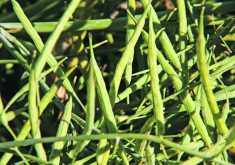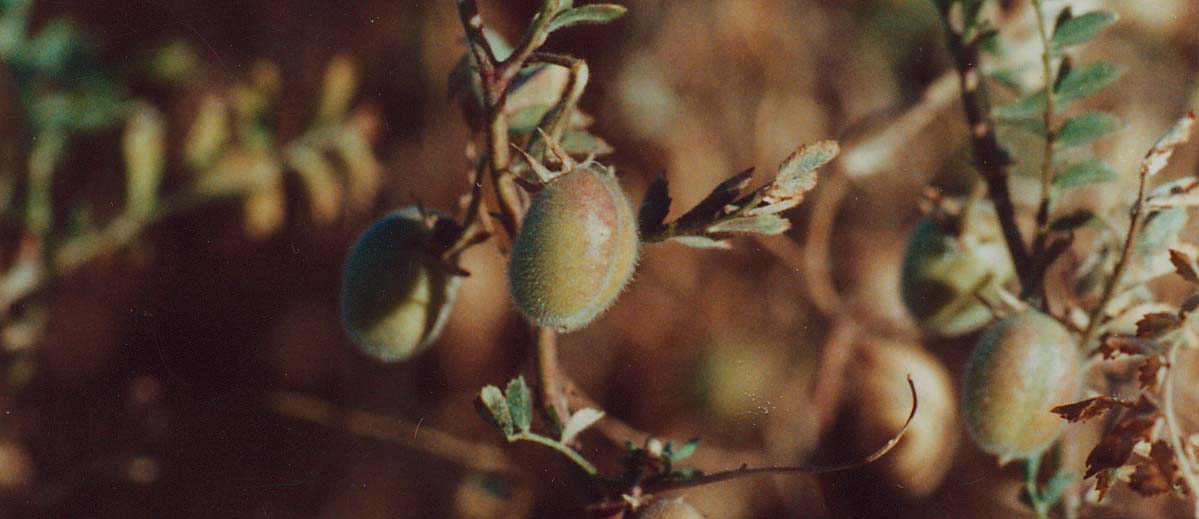Free trade talks between Canada and the European Union offer significant improvements in Canadian farm product access to a huge market, says a Canadian trade advocate.
Darcy Davis, an Alberta rancher and president of the Canadian Agri-Food Trade Alliance, said his organization, which normally promotes multilateral trade negotiations, has decided to get on-board with Canada-EU talks.
“It is a huge market and not your typical bilateral because there are 500 million people and 27 countries,” he said after a CAFTA board meeting that agreed to shift focus from world trade talks while still considering that the best route to trade liberalization.
Read Also

Petition launched over grazing lease controversy
Battle continues between the need for generation of tax revenue from irrigation and the preservation of native grasslands in southern Alberta rural municipality.
“We are going to engage in the Canada-EU trade negotiations,” Davis said.
“As a bilateral, it takes a back seat to multilateral but not much is happening there right now.”
Besides, he said negotiations with Europe have the potential to break down longstanding barriers affecting Canadian export of genetically modified plants and hormone-treated Canadian cattle.
“I think there is a real openness by the EU to talk about those issues because there is a consumer demand for those products.”
As the CAFTA board was meeting in Ottawa last week, negotiators from Canada and Europe were in the same city launching negotiations for a comprehensive free trade deal.
Davis said beef, pork, grain and oilseed sectors could be winners if a deal succeeds in reducing EU tariffs, simplifying its tariff rate quota system and dealing with European sanitary and phytosanitary rules.
However, he cautioned that Canada also is going to have to offer European exporters more market access.
“Of course, it has to work both ways,” he said.
Still, despite CAFTA’s enthusiasm for the Canada-EU negotiation, he said the organization will not lose sight of its interest in a new World Trade Organization deal.
When WTO ministers gather in Geneva at the end of November, CAFTA will have staff and directors there to lobby for concessions and progress in the Doha round that has lasted eight years with no deal in sight.
“We are not expecting any negotiating progress at that meeting, but our hope is that out of the meeting will come a reinvigoration of the talks and perhaps agreement on time lines for completing the round,” he said. “That would be positive.”














